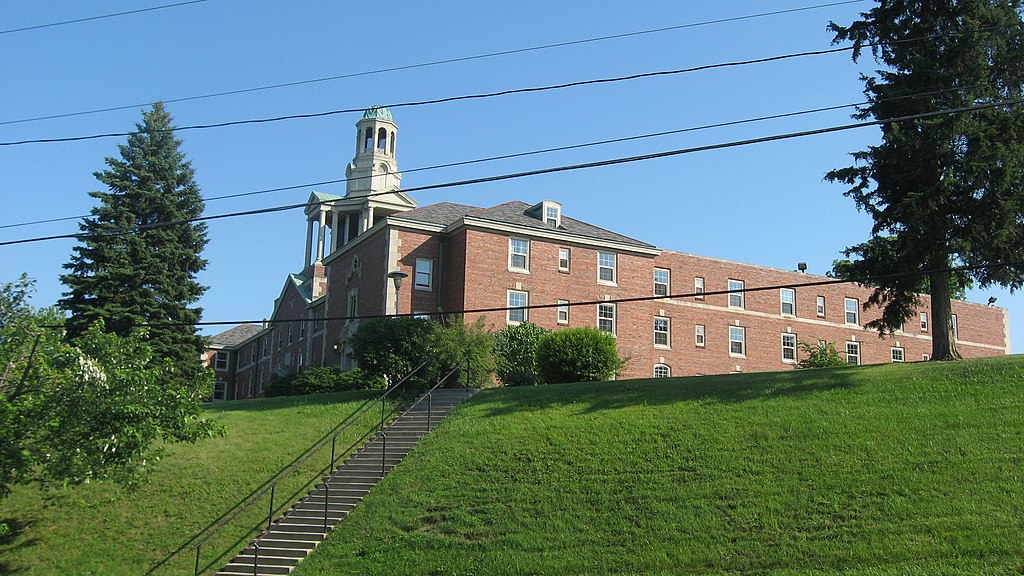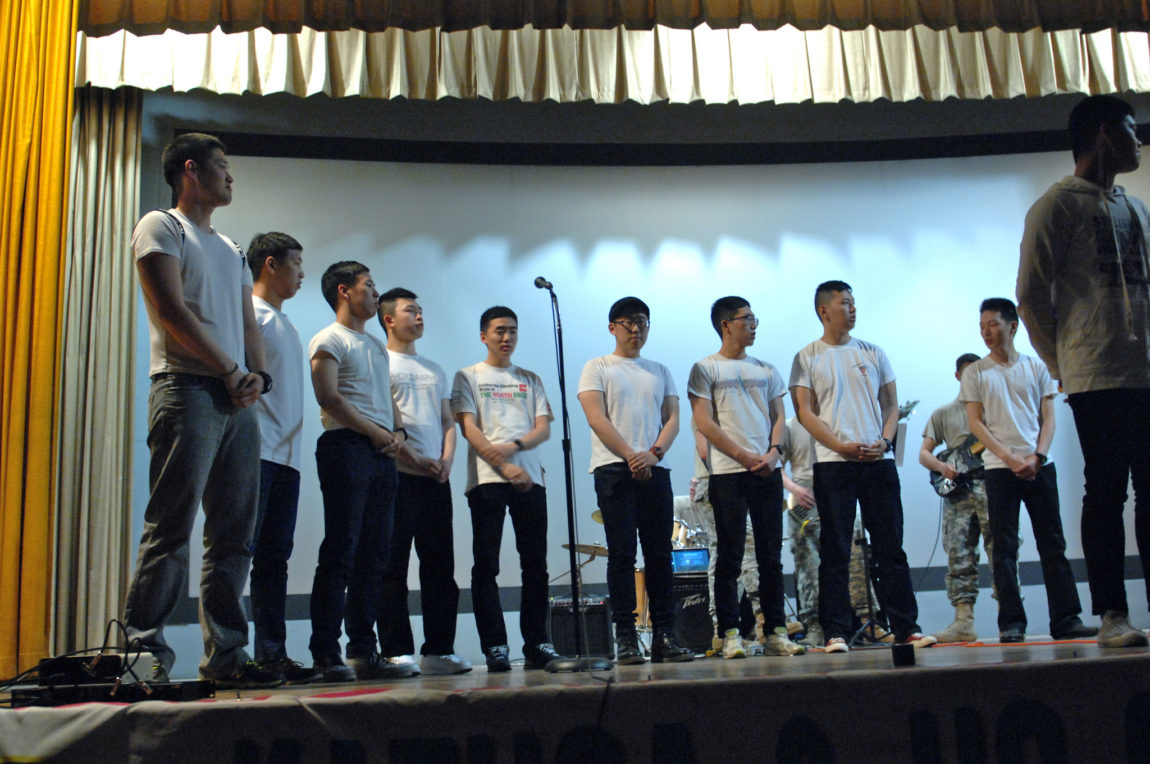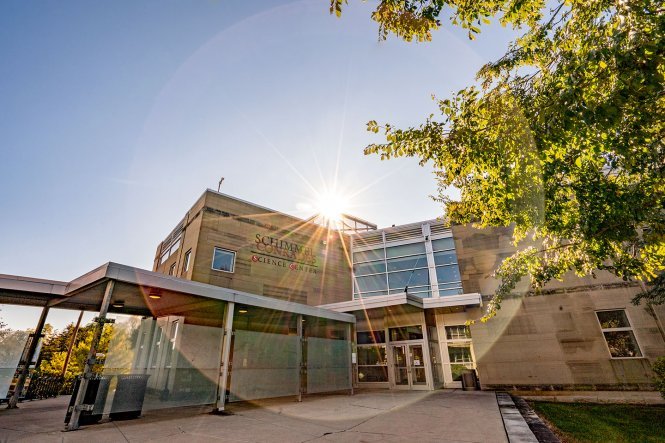By 1808Delaware
Ohio Wesleyan University is gearing up to host its vibrant Hispanic Film Festival, kicking off on October. The festival will feature four acclaimed films from Mexico, Spain, Cuba, and the Mexico-United States region, creating an engaging platform for linguistic and cultural exploration. This exciting event will spark reflection and thought-provoking discussions on contemporary social issues, bringing the community together through the power of film.
Two notable filmmakers, Melinda Raebyne and Christopher Zalla, will be present during the screenings of their respective films, engaging attendees in post-screening discussions about their careers, filmmaking experiences, and the stories behind their movies.
Fostering Cultural Diversity Through Film
Eva Paris-Huesca, Ph.D., Associate Professor of Spanish and Director of Ohio Wesleyan’s Film Studies Program, emphasizes that the festival aims to “promote linguistic and cultural diversity by showcasing a curated selection of films from Spain and Latin America.”
By focusing on themes such as family dynamics, gender identity, political activism, and educational challenges, the festival invites audiences to delve into a range of topics impacting different regions. The discussions that follow each screening offer attendees a chance to gain diverse perspectives on these themes, making for meaningful exchanges about the cultural and artistic significance of the films.
Film Lineup and Details
Each film will be shown at 7:00 PM in Room 312 of the R.W. Corns Building, located at 78 S. Sandusky St., Delaware. Screenings will be in the films’ original languages, with English subtitles when necessary. Admission is free and open to the public, although attendees should be aware that some films contain mature themes and language.
Here’s the complete schedule:
October 23: Tótem (2023/Mexico)
This film explores the complexity of family relationships, focusing on seven-year-old Sol, who spends a day at her grandfather’s home for her father Tonatiuh’s surprise party. As the day progresses, Sol’s understanding of her family’s dynamics shifts dramatically, set against the backdrop of Mexican cultural traditions surrounding life, death, and family bonds. Directed by Lila Avilés, Tótem offers an intimate portrayal of illness, loss, and the strength found within familial connections.
November 5: 20,000 Species of Bees (2023/Spain)
Set against a beekeeping backdrop, this film follows an 8-year-old’s journey of self-discovery and gender identity during a summer at a village house. It explores themes of personal transformation and societal norms regarding gender roles. Directed by Estibaliz Urresola Solaguren, 20,000 Species of Bees challenges the limitations imposed by traditional gender expectations while emphasizing the importance of understanding and embracing one’s true self.
November 13: Ellos Gritan Libertad (They Scream Freedom, 2023/Cuba)
This documentary covers the July 11, 2021, protests in Cuba, when thousands called for freedom from the long-standing communist regime. It highlights the Cuban people’s struggles for basic human rights, addressing political repression, economic difficulties, and inequality. Personal stories and art drive the narrative. Award-winning filmmaker Melinda Raebyne will attend the screening and hold a discussion about her career and the making of this impactful documentary. Raebyne’s other notable works include An Intimate Look: COVID-19 and Our Voices Matter.
November 19: Radical (2023/Mexico-United States)
Set in a Mexican border town plagued by neglect and corruption, this film follows a teacher who introduces a radical method to spark students’ curiosity and potential. It sheds light on the educational struggles faced by underprivileged children while celebrating the transformative power of education. Co-written by Christopher Zalla, Joshua Davis, and Laura Guadalupe A., Radical is directed by Zalla, who will be present to discuss his career and this film’s development. Zalla’s other works include Blood of My Blood and episodes of Law & Order: Special Victims Unit. Zalla has a unique connection to Ohio Wesleyan—his mother, Mary Howard, was a long-time sociology/anthropology professor at the university.
A Collaborative Effort for Cultural Understanding
The 2024 Hispanic Film Festival is made possible through a partnership involving multiple Ohio Wesleyan departments and programs, including the Department of World Languages and Cultures, the Film Studies Program, the Public Health Program, the Department of Journalism and Communication, the Department of Sociology and Anthropology, the Palmer Global Scholars Program, and the Department of English.
For more information about the festival, contact Dr. Eva Paris-Huesca at eeparish@owu.edu. To learn more about Ohio Wesleyan’s Department of World Languages and Cultures, visit owu.edu/languages, and for the Film Studies Program, visit owu.edu/FilmStudies.
Source: OWU










